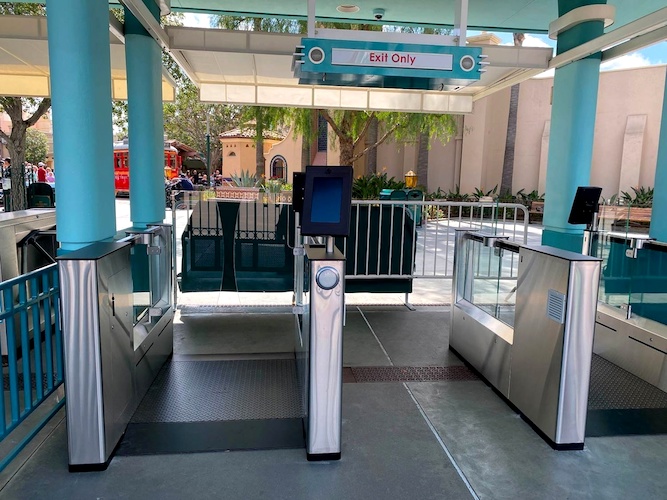Opinion: Disneyland Visitors Shouldn't Have to Fill in Anaheim's Financial Shortcomings
At the most recent Anaheim City Council meeting, Councilmember Natalie Rubalcava asked city staff to prepare a report about the possibility of introducing an entertainment tax that would be added to the cost of things such as theme park tickets and parking. While I would never advocate against a councilmember examining any options, I can’t believe that adding yet another tax is going to solve Anaheim’s budgetary challenges.
Councilmember Rubalcava said the quiet part out loud when bringing up her interest in examining the idea. An entertainment tax would mostly be paid by out-of-towners who are visiting Anaheim’s theme parks while funding services mostly used by Anaheim residents. This is why taxes such as hotel taxes are popular: you are charging non-residents to fund.
According to the numbers from the City of Anaheim, the current bed tax generated by the Anaheim Resort is expected to come in at $238.3 million in the 2025-2026 fiscal year. This is compared to $138.5 million that was generated in the 2015-2016 fiscal year. Sales tax revenue from the resort is $32.5 million, which is 28% of the city’s total. The property taxes from the Resort are $16.6 million, 15% of the city total. Adding all this up, the Anaheim resort generates $302.8 million, which is 63% of Anaheim’s general fund revenue. Any city in Orange County wishes they had the economic engine of the Disneyland Resort within its city limits.
One of the points brought up is that tourists partake of some city services. Let’s be clear: tourists and the businesses they support pay a significant part of Anaheim’s revenue. In addition, Disney pays $14 million a year for police and fire service even though they are a significant city taxpayer entitled to city services.
Perhaps the most frustrating part of this discussion is the timing. Disneyland has committed to a major investment in the Disneyland Resort, which will presumably increase bed tax and sales tax revenue. In addition, Anaheim is close to paying off the bonds that were issued to build the Anaheim Resort, which will free up more than $120 million annually. With a significant amount of additional funds coming online in the coming years, it is hard for me to imagine that now is the time to raise taxes. I understand that reserves were depleted during the pandemic, but that time should have shown how important Disneyland is to fund city services, not as a way to try and squeeze more funds out of those the city relies on.
This is not a tax that would be paid by The Walt Disney Company. This is a tax that would be paid for by those visiting the Disneyland Resort. It will make visiting the resort more expensive, and Disney doesn’t need any help making the experience less accessible to families. In school, we all learned the rallying cry of “taxation without representation." For some reason, this principle doesn’t seem to apply when it comes to tourism. If over $300 million a year paid for by Anaheim’s tourists isn’t enough, how much is? Why are other cities able to make ends meet without any significant tourist tax revenue, while Anaheim claims to be struggling?



